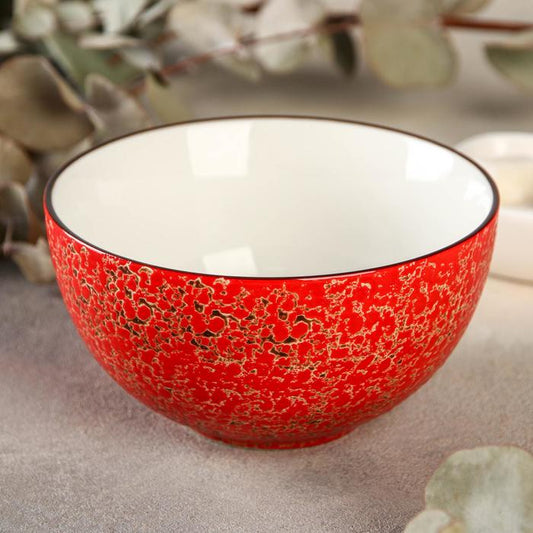A Taste of the Mediterranean: Cooking the Diet of Longevity

The Mediterranean diet is more than just a way of eating; it’s a celebration of life, culture, and health. Known for its heart-healthy benefits and association with longevity, this diet is inspired by the traditional eating habits of countries bordering the Mediterranean Sea, such as Greece, Italy, and Spain. In this article, we’ll explore what makes the Mediterranean diet so beneficial, how to incorporate it into your daily routine, and some classic recipes to get you started.
Why the Mediterranean Diet?
Numerous studies have shown that the Mediterranean diet reduces the risk of heart disease, stroke, and certain cancers, while also promoting brain health and overall longevity. The secret lies in its balance of nutrient-dense, whole foods and a lifestyle that prioritizes fresh, seasonal ingredients.
Key Benefits:
-
Heart Health: High in omega-3 fatty acids and monounsaturated fats.
-
Anti-Inflammatory: Rich in antioxidants and polyphenols from fruits, vegetables, and olive oil.
-
Weight Management: Emphasizes fiber, lean proteins, and healthy fats that promote satiety.
-
Longevity: Communities that follow this diet, such as those in Ikaria and Sardinia, are known for their long lifespans.
Core Components of the Mediterranean Diet
1. Olive Oil - The Liquid Gold
A staple in Mediterranean cooking, extra virgin olive oil is the primary source of fat. It’s used in everything from sautéing vegetables to dressing salads. Rich in monounsaturated fats, it helps reduce bad cholesterol and inflammation.
2. Fresh Fruits and Vegetables
Seasonal produce is at the heart of Mediterranean meals. Tomatoes, cucumbers, peppers, and leafy greens are common, along with fruits like figs, oranges, and grapes. Aim to fill half your plate with colorful vegetables at every meal.
3. Whole Grains
Barley, farro, bulgur, and whole wheat bread are common grains that provide sustained energy and fiber. These grains are often consumed as part of salads, soups, or simple side dishes.
4. Lean Proteins
Fish and seafood are consumed several times a week, providing essential omega-3 fatty acids. Poultry, eggs, and legumes are also regular sources of protein, while red meat is limited.
5. Nuts and Seeds
Almonds, walnuts, and sunflower seeds add crunch, flavor, and healthy fats to meals and snacks.
6. Herbs and Spices
Flavor is enhanced with fresh herbs like basil, rosemary, oregano, and thyme. These not only elevate dishes but provide health benefits thanks to their antioxidant properties.
Classic Mediterranean Recipes to Try
1. Greek Salad
-
Ingredients: Tomatoes, cucumbers, red onions, olives, and feta cheese drizzled with olive oil and oregano.
-
Tip: Serve with whole grain bread to soak up the juices.
2. Grilled Sardines with Lemon and Herbs
-
Ingredients: Fresh sardines, lemon slices, parsley, and garlic.
-
Method: Grill sardines with olive oil and herbs for a quick, heart-healthy meal.
3. Ratatouille
-
Ingredients: Eggplant, zucchini, bell peppers, tomatoes, and garlic stewed in olive oil.
-
Tip: Serve warm or chilled with a drizzle of balsamic vinegar.
4. Lentil Soup
-
Ingredients: Brown lentils, carrots, onions, celery, and a splash of red wine vinegar.
-
Method: Simmer lentils with aromatic vegetables for a comforting, fiber-rich dish.
Tips for Incorporating the Mediterranean Diet
-
Cook at Home: Prepare meals with fresh ingredients rather than relying on processed foods.
-
Eat Mindfully: Share meals with family and friends, and savor every bite.
-
Focus on Plant-Based Meals: Let vegetables, grains, and legumes take center stage.
-
Snack Smart: Replace chips and sweets with nuts, seeds, and fresh fruit.
The Mediterranean diet isn’t about strict rules or deprivation – it’s about enjoying wholesome, flavorful food that nourishes the body and soul. By incorporating more Mediterranean-style meals into your week, you’ll not only improve your health but embrace a lifestyle that celebrates good food and good company.
Buon appetito!
Share:





